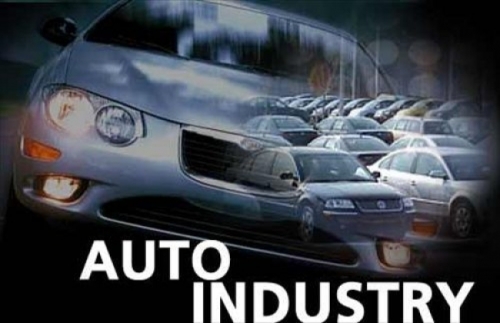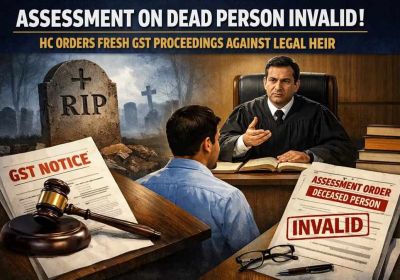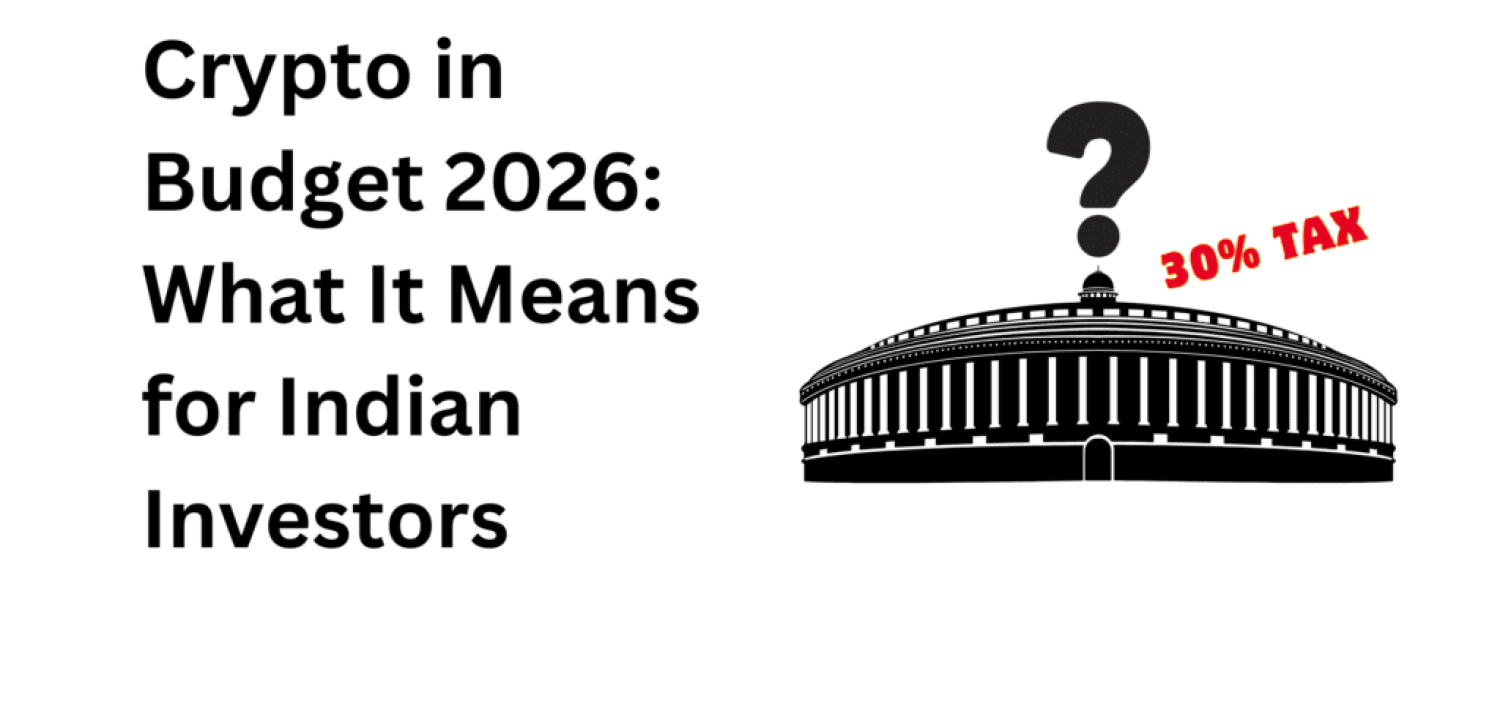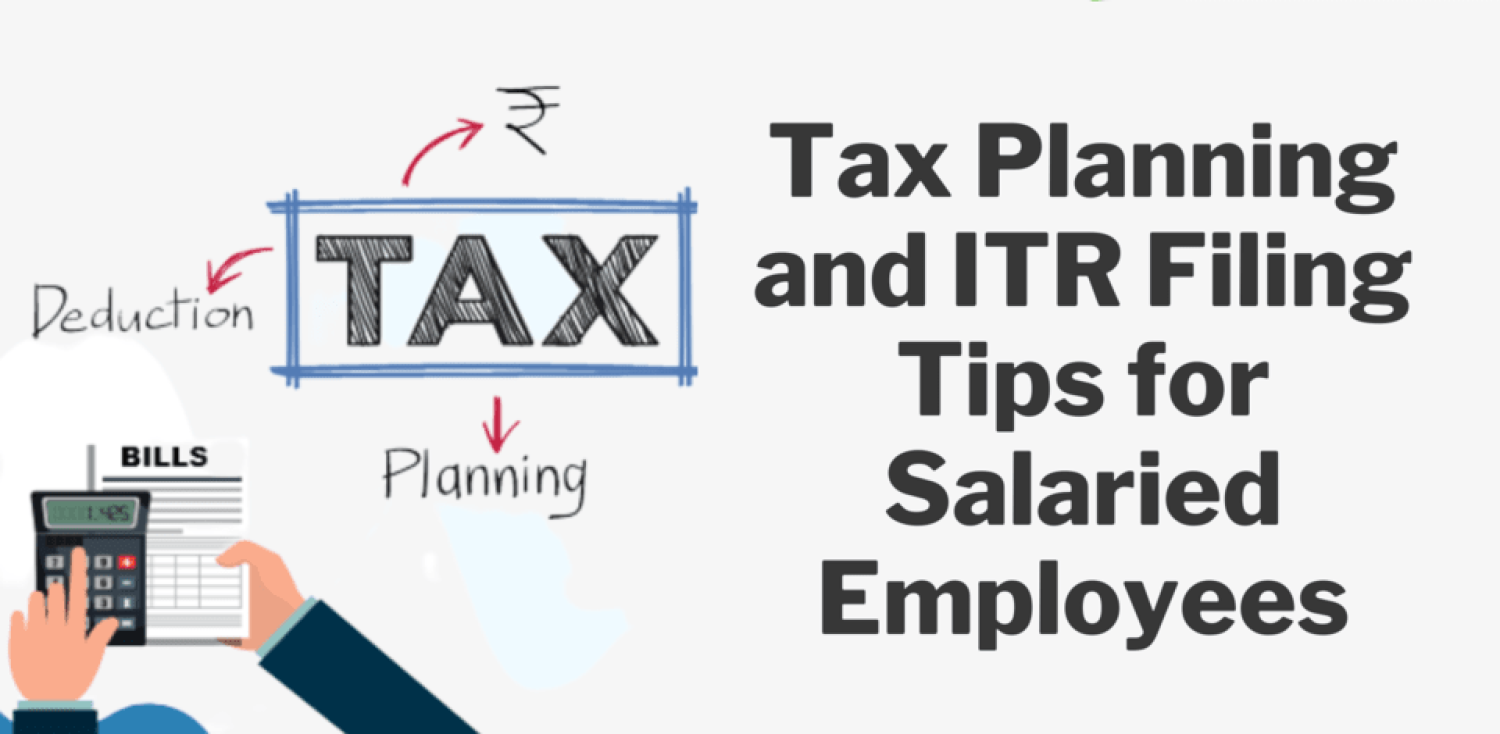
Due to the multiplicity of taxes, elaborate compliance obligations, and cascading of taxes, there is a complex system of taxes existing in our country. A number of complex systems occur in the automotive industry. It may be the longer investment period, vendor/part maker growth, significantly outsourced processes, specific business approach etc.
After the long journey, finally, a much-awaited tax regime was implemented in India. The Goods and Services tax being India’s biggest reform was formulated and put into action in the Rajya Sabha on 03 August 2016. Both the model - GST law and the integrated GST law need ratification by bringing them down to 50% of the state assemblies and then they need to receive President’s assent.
The GST council consists of the finance minister and the union finance minister. After getting the bill passed, this GST council will be set up which in turn will decide on the tax rate that will be set under GST. This is the revenue threshold below which traders will not be allowed to levy the administrative processes under GST. A GST rate within the range of 18% is better and also competitive in nature to the other developing markets.
In simple terms, the GST may be defined as one singular tax which is to be imposed on all goods and services in the country and will supplement all forms of indirect taxes. These are the taxes which we as consumers are paying at this time. There is an urging need for the industry to analyse the provisions of the draft law in a detailed manner. A proper analysis should be done to know their impact on business. There is a need for us to identify the positives and challenges of the Model GST Law which may be relevant to the automobile sector.
- PRICES OF VEHICLES
Among the four divisions of the excise duty for vehicles, the smallest tax rate is applicable to small cars. There is a need to subsume all the taxes such as the excise duty and state-level taxes like sales tax, road and registration tax. The prominent reason behind this is the GST implementation.
With the assumption of accepting the proposed tax rate- 18 to 20 per cent, there is a probability of a decrement in vehicle prices in the market. There will be a rising demand for vehicles caused by the decrease in the prices of these vehicles. This situation can only be expected if there is a dual tax structure for both small and big cars.
- ONE MARKET
There is an expected decrease in the compliance burden which in turn is expected to bring a lot of efficiency in operation. Operational efficiencies are going to be added to the market. This change will take place from the indirect tax perspective which will treat the whole country as ‘One Market’. The logjam at the check post and other places will not take place.
There is an expected increase in the economic activity of the country. Also, there should be a better GDP growth which in turn will push demand for the vehicles across the categories.
- VALUATION DISPUTES
There are seen a lot of eminent disputes in the automobile industry under the central excise valuation. These include the sale below the cost for market penetration, including the State Industrial Promotion Subsides retained by the manufacturer. It may also include the deduction of post-sale discounts from value under excise, valuation of demo cars; treatment of PDI charges and others. The concept of ‘transaction value’ is still continuing by the modern GST. This is a welcome measure. In spite of this fact, the probability of rejecting the transaction value is very wide. Significant valuation disputes might occur in the process.
- JOB WORK-
The backbone of the automobile industry is the process of job work. Job work is treated as a service by the Model GST law. It views it as a service to maintain the existing excise procedure for the transaction of job work transactions. It might be the non-taxability of job work transactions and also providing a loan to the principal for supplying them to the worker of the job. There is a 180-day condition for bringing back the goods after job work. There is a need for improvement in the framework of the existing concepts for job work. Otherwise, it would lead to destruction.
- CREDITS ON VENDOR TOOLING
One of the essential practices in the automobile industry for the vendors is to develop tools/moulds for the manufacture of parts of the automobile. The ownership of the tools is generally given to the OEMs and we also recover the cost from them. The tools used for manufacturing is located in the vendor’s factory. The definition of ‘capital goods’ is only said to cover the goods which are used in the business place and in supplying goods.
- TIME OF SUPPLY FOR PAYMENT-
The excise duty states that the duty is paid at the time of removal of the vehicles manufactured. There is a certain amount of VAT paid when a vehicle is sold in the market. As stated by the GST Law the time of supply of the goods shall be as early as possible. The receipt of advance towards the supply of goods is not considered a taxable event.
But in the case of the Model GST Law, the receipt of advance is sought to be treated as a taxable event. There is a need for more than one GST INVOICE for supplying the vehicles. This can only be done if it is factored by the procedure followed by various State Regional Transport Offices (RTO). This could help us to avoid problems that might occur in the registration of these vehicles.
- DEALER INCENTIVE SCHEMES
Although there are various dealer incentive schemes present that are not subjected to VAT, there is likely to be an issue on the application of the service tax on dealers. This will depend on the terms and conditions of the scheme. These schemes are not viewed by the industries as an independent service by the dealers to the manufacturers but are in the nature of post-sale discounts. We are not provided with the information on whether the Model GST law will provide incentives or discounts which are subject to the GST.
There is a need to check whether these incentives/discounts would impact the price and creditor will they be just kept out of GST. The reason behind this is that the original supply would have already suffered GST and the buyer would have taken input tax credit. There is another reason why we need to clarify the GST. This is whether the schemes would be treated as service or goods.
- LACK OF CLARITY OR SUBSUMING OF CESS
There are several cesses that have been witnessed by the automotive industry. This includes the automobile cess, NCCD, tractor cess and infrastructure cess. There is an intention expressed by the government to subsume all Central and State cesses into GST. But after going through the model GST law and constitutional amendment bill, we do not get to know whether the cesses levied under different legislations (for the purposes specified) will be subsumed into GST or would still continue under the GST scenario.
- INPUT TAX CREDIT-
There has been a similar way of drafting the definition of the capital goods and the existing CENVAT credit rules. There will be an allowance of an input tax credit of those goods which are specified Chapters to the Model GST law. Moreover, we can see exclusion in the definition of inputs and input services. In the process, we can see a continuation of the input tax credits even under the presence of the GST. There is also a requirement of the nexus related litigation which could continue under the presence of GST.
- STOCK IN HANDS OF THE DEALER ON THE TRANSITION DATE POSSIBLE DOUBLE TAXATION-
Under the transition, provisions of the GST the credit balances can be carried forward. The transition of such taxes/ duties include the stocks lying with the dealer have to be allowed. If this does not take place such stocks would suffer again and the CGST and SGST on supply after the date of appointment.
- LACK OF CLARITY OF MOU INCENTIVES-
There are significant investments which are made by automobile companies. They also have a multiplier effect on the State’s economy. There are various incentives that are generally provided by the States. This includes the Investment Promotion Subsidies (IPS). There are special benefits which are enjoyed by the manufacturers. These are provided by the State Government IN THE FORM OF State Investment Promotion (IPS). It is usually given in the form of a refund of VAT/CST paid, or in the form of a loan.
The introduction of the GST taxes has led to the move from Origin State to the Consumption State. The flow back IPS would reduce in a significant way. This would happen because GST on inter-state is not credited to the Origin State. There is a significant impact on the IPS although this issue not strictly arising under the GST.
There will be a significant severe impact on automobile projects. The major reason behind this would be the non-compensation mechanism to the States or the OEMs with regard to the impact of the GST.
In spite of these severe effects, the automobile industry is looking forward to the introduction of the GST. The needs which have been talked about in the above paragraphs need to be looked into as soon as possible. There should be enough restrictions on the conditions on the eligibility to tax credits on assets that are used for business purposes. This is a leading area of concern. In this way, the credits mechanism tends to become more liberal in nature. There is also an advancing need to look into these procedural changes which may require a time of about six months before the GST can be formulated and brought into action.

















